
When we reflect on the **heroes of World War II**, many prominent figures come to mind, yet one name that frequently gets overlooked is that of **Alan Francis Brooke**. Born on July 23, 1883, in the picturesque town of Bagnères-de-Bigorre, France, Brooke emerged as a crucial player in shaping the British military strategy during one of history’s most tumultuous periods. His military career was marked by a series of significant contributions that not only influenced the outcome of the war but also helped to define modern military leadership. As a field marshal, Brooke was known for his strategic acumen, his ability to inspire troops, and his unwavering commitment to the Allied cause. His leadership during critical battles and his role in high-level planning were instrumental in navigating the complexities of warfare. To truly appreciate his impact, we must explore the various facets of his life, his military philosophy, and the legacy he left behind, which continues to resonate in military circles today.
Early Life and Education
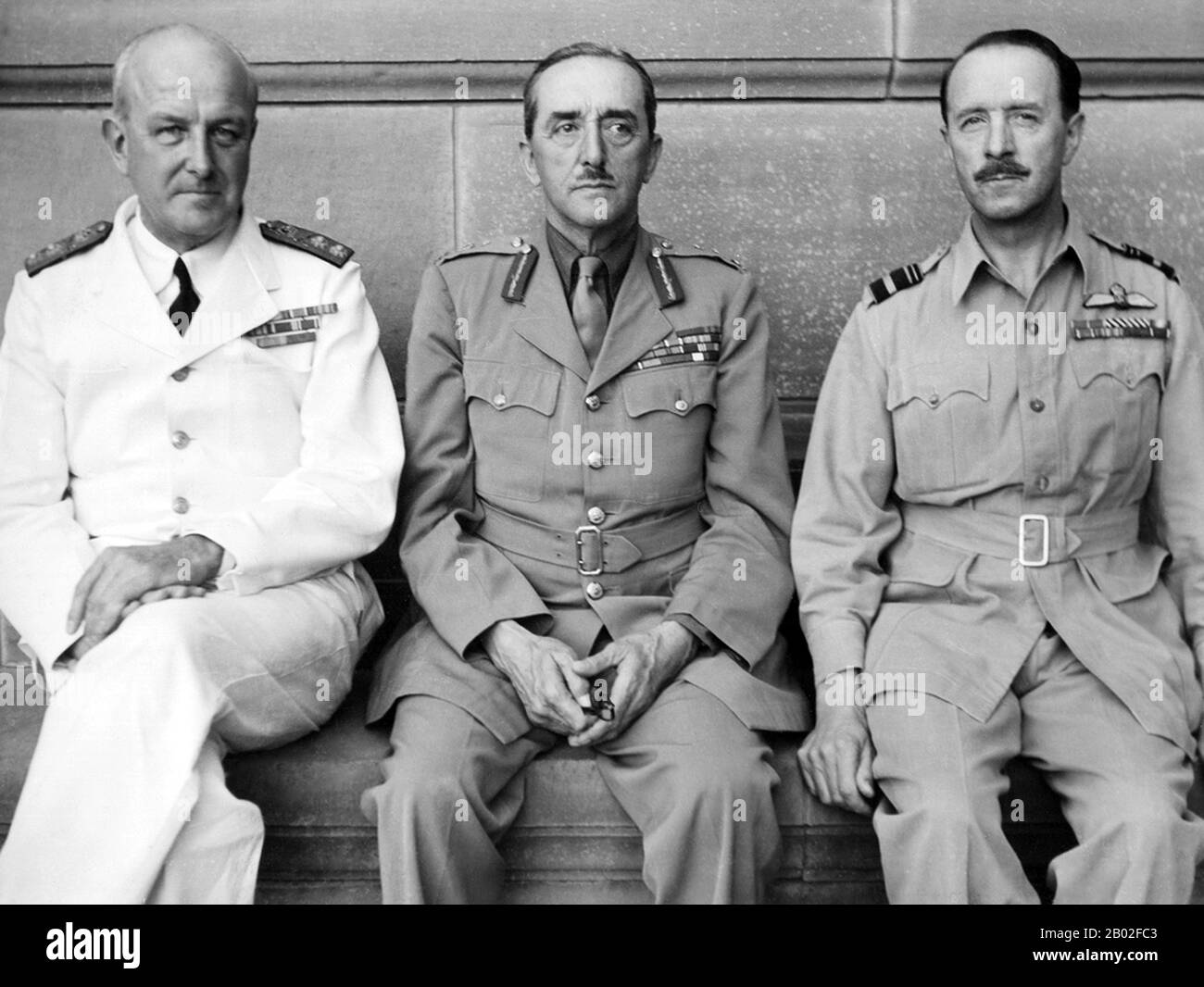
Roots in France
Alan Brooke’s formative years were largely shaped by his upbringing in France, where he received his early education. Growing up in such a culturally rich environment allowed him to absorb diverse perspectives and ideas, which would later play a significant role in shaping his approach to military strategy. This early exposure to different cultures and ways of thinking not only broadened his worldview but also instilled in him a sense of adaptability and innovation that would prove invaluable in his later career. After spending his childhood in France, he eventually made the transition to England, where he continued to develop his skills and knowledge.
Royal Military Academy
Following his educational journey in France, Alan Brooke took a significant step in his military career by enrolling at the **Royal Military Academy** in Woolwich. This prestigious institution provided him with the rigorous training and discipline necessary for a life devoted to military service. During his time at the academy, he meticulously honed his tactical skills, leadership abilities, and strategic thinking, all of which would become essential tools in his future endeavors. The experiences and lessons learned at the Royal Military Academy laid a solid foundation for his subsequent achievements in the military, preparing him for the challenges that lay ahead in his distinguished career.
World War I: The Formative Years

Service in the Royal Artillery
During the tumultuous years of **World War I**, Brooke dedicated his service to the **Royal Artillery**, where he was actively engaged in the intense and often harrowing experiences of frontline combat. His time in this esteemed branch of the military profoundly influenced his perspective on the complexities of warfare and the intricacies of military strategy. The lessons he learned amidst the chaos of battle not only honed his tactical skills but also laid a solid foundation for his future roles in military leadership. The challenges he faced and the decisions he made during this critical period would resonate throughout his career, shaping his approach to command and operations in the years to come.
Distinguished Staff Duties
In the interwar years, Brooke further distinguished himself through a series of significant staff appointments, where he demonstrated exceptional capabilities in management and strategic planning. This era was pivotal for his growth as a military leader, allowing him to refine his skills in coordination and operational oversight. His ability to navigate complex military environments and devise effective strategies not only earned him respect among his peers but also prepared him for the challenges that lay ahead. The experiences he gained during this time were instrumental in shaping his leadership style and strategic vision, ultimately contributing to his effectiveness in subsequent military engagements.
World War II: The Turning Point

Commander of the II Army Corps
As the tumultuous events of **World War II** unfolded, General Sir Alan F. Brooke was appointed to take command of the **II Army Corps** stationed in France. This pivotal role placed him at the forefront of military operations during one of the most critical periods of the war. His leadership and decision-making skills were severely tested amid the chaotic circumstances leading up to the **Dunkirk evacuation**, where the fate of countless soldiers hung in the balance.
The Dunkirk Evacuation
Between May 26 and June 4, 1940, Brooke’s strategic prowess became increasingly vital as he orchestrated the defense and cover for the evacuation of the **British Expeditionary Force**. The pressure he faced was immense; thousands of soldiers depended on his ability to devise effective strategies that would allow them to escape the encroaching enemy forces. The situation was dire, with the German army advancing rapidly, and Brooke had to make quick, calculated decisions to ensure the safety of his troops while maintaining a semblance of order amidst the chaos.
Home Forces Command
Following the successful yet harrowing evacuation at Dunkirk, Brooke was appointed to command the **Home Forces**. This new role was of paramount importance, as it involved overseeing the defense of Britain and ensuring that the military was prepared for any potential threats. His leadership during this time was crucial for maintaining morale and readiness on the home front, as the nation faced an uncertain future. Brooke’s ability to inspire confidence and resilience among the troops and the public alike played a significant role in bolstering the spirit of the British people during this challenging period of the war.
Chief of the Imperial General Staff

Promotion by Winston Churchill
In December 1941, Prime Minister **Winston Churchill** promoted Brooke to chief of staff. This position allowed him to influence **Allied strategy** significantly. But what did this role entail?
Influence on Allied Strategy
As chairman of the **Chiefs of Staff Committee**, Brooke represented the military’s views to Churchill and the **U.S. Joint Chiefs of Staff**. His ability to articulate military needs and strategies was crucial in shaping the course of the war.
Brilliant Field Commander
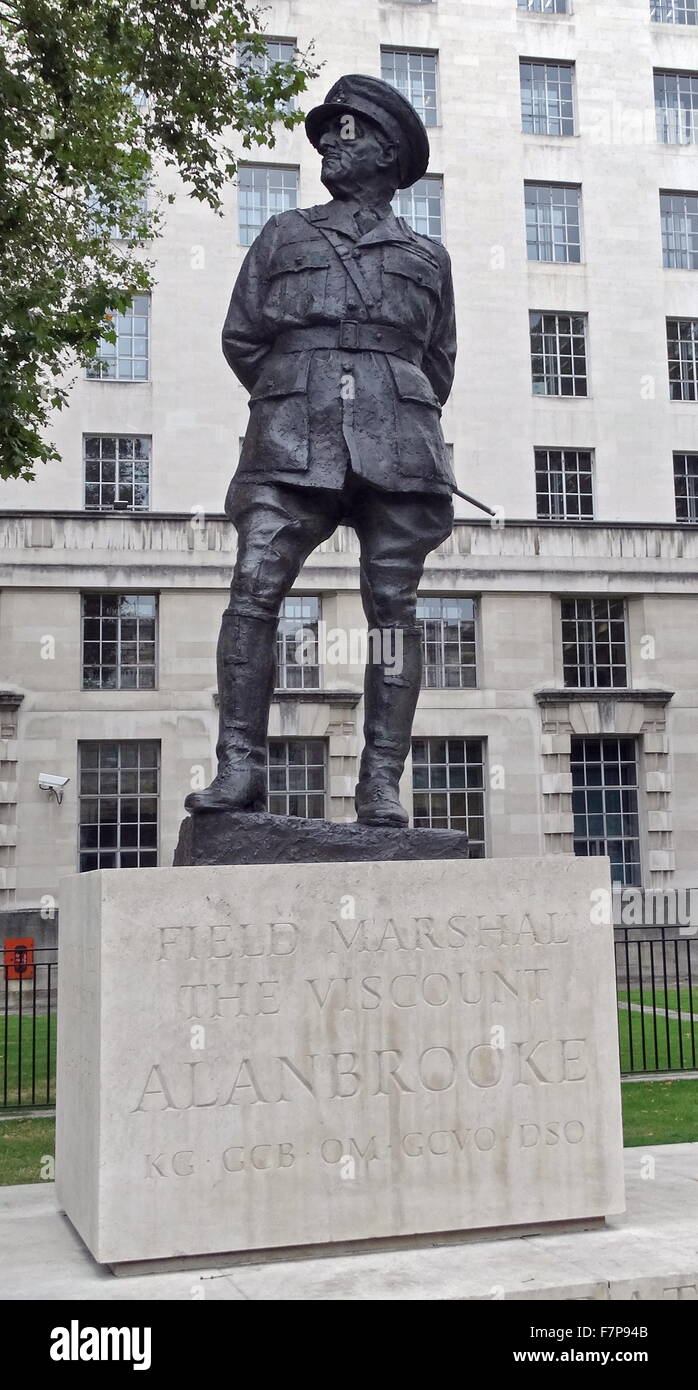
Strategic Mindset
Brooke was recognized as a brilliant field commander. His strategic mindset allowed him to navigate complex military landscapes effectively. However, he faced frustration for not being given major overseas commands.
Frustration with Command Decisions
Despite his capabilities, Brooke was never given command over the **Allied invasion of Western Europe**. This was a point of contention for him, as he believed he could have made a significant impact.
Post-War Reflections
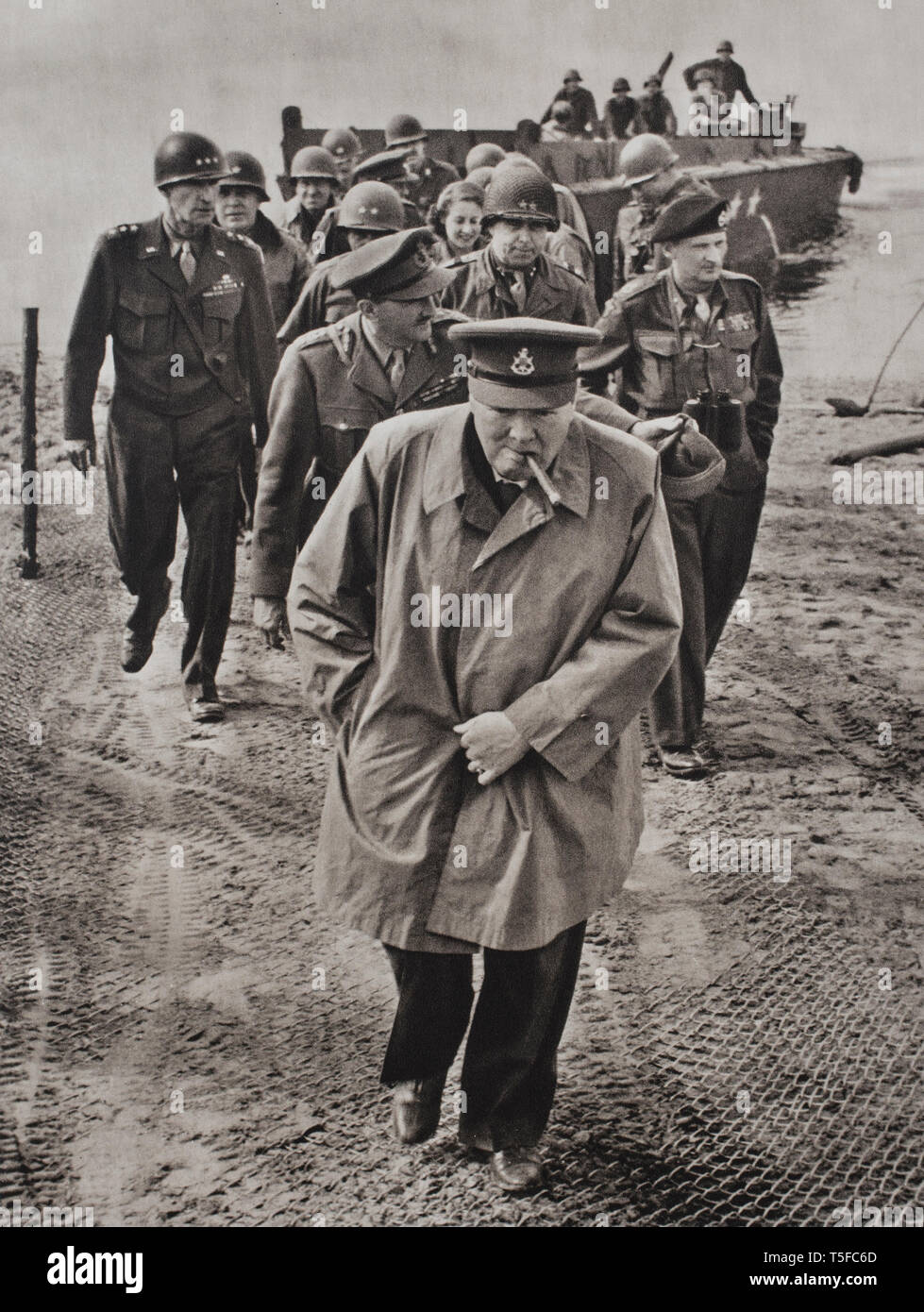
Controversial Diaries
After the war, extracts from Brooke’s diaries stirred controversy. His candid critiques of **General Dwight D. Eisenhower** and U.S. military strategies raised eyebrows. What did he say that caused such a stir?
Publication of War Diaries
His complete diaries were published in **War Diaries, 1939–1945** in 2001, revealing his unfiltered thoughts on military operations. This transparency offered a rare glimpse into the mind of a military leader during tumultuous times.
A Lasting Legacy

Honors and Titles
For his military services, Brooke was created **Baron Alanbrooke of Brookeborough** in 1945 and became a **viscount** in 1946. These titles were a testament to his contributions and leadership during the war.
Impact on Modern Military Strategy
Brooke’s strategies and insights continue to influence military thought today. His emphasis on clear communication and strategic planning remains relevant in modern warfare.
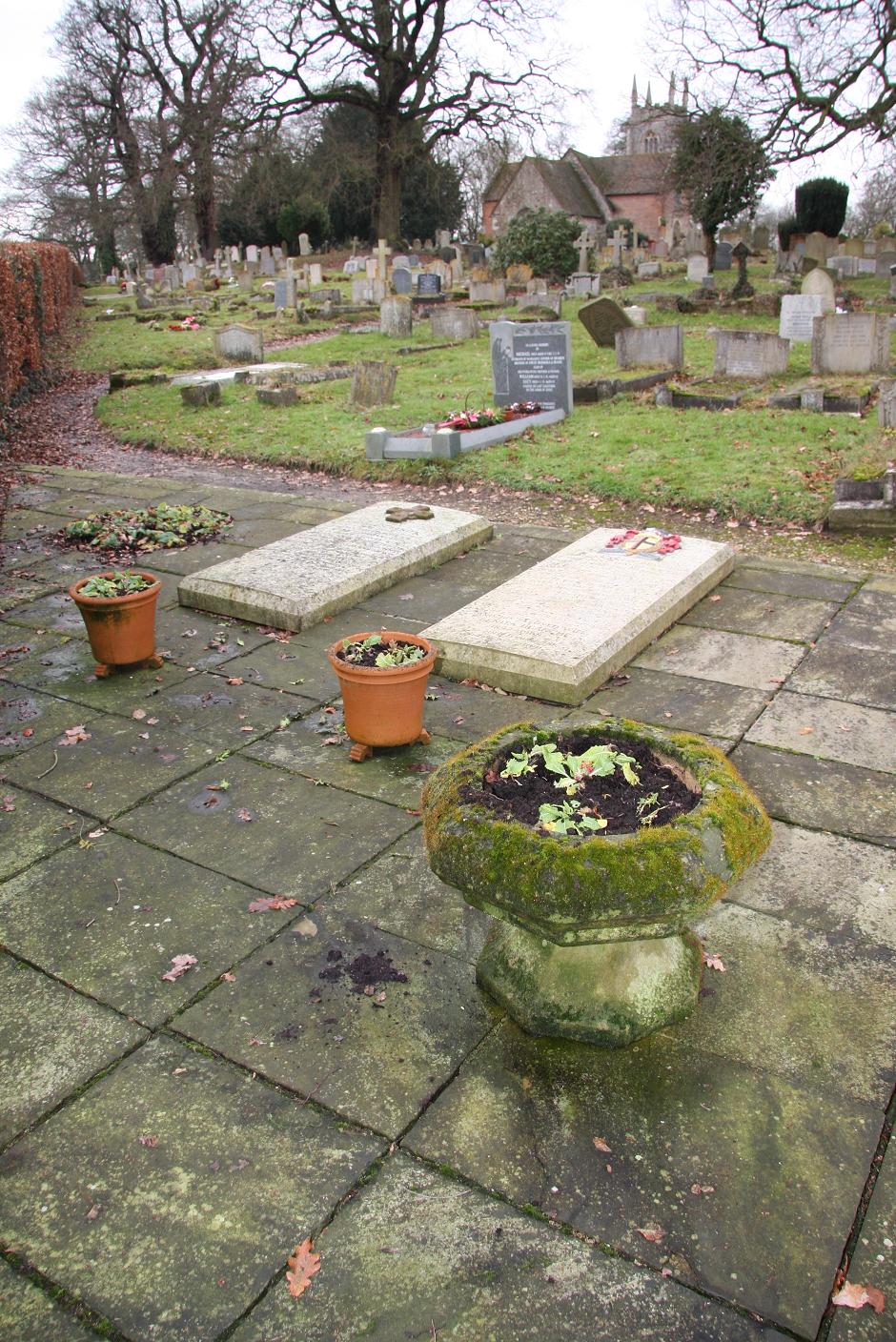
Alan Francis Brooke was more than just a military leader; he was a strategist, a thinker, and a man who faced the challenges of his time head-on. His legacy is a reminder of the complexities of war and the importance of strong leadership. So, the next time you think about World War II, remember the name Alan Brooke and the indelible mark he left on military history.
Quick Facts About Alan Francis Brooke
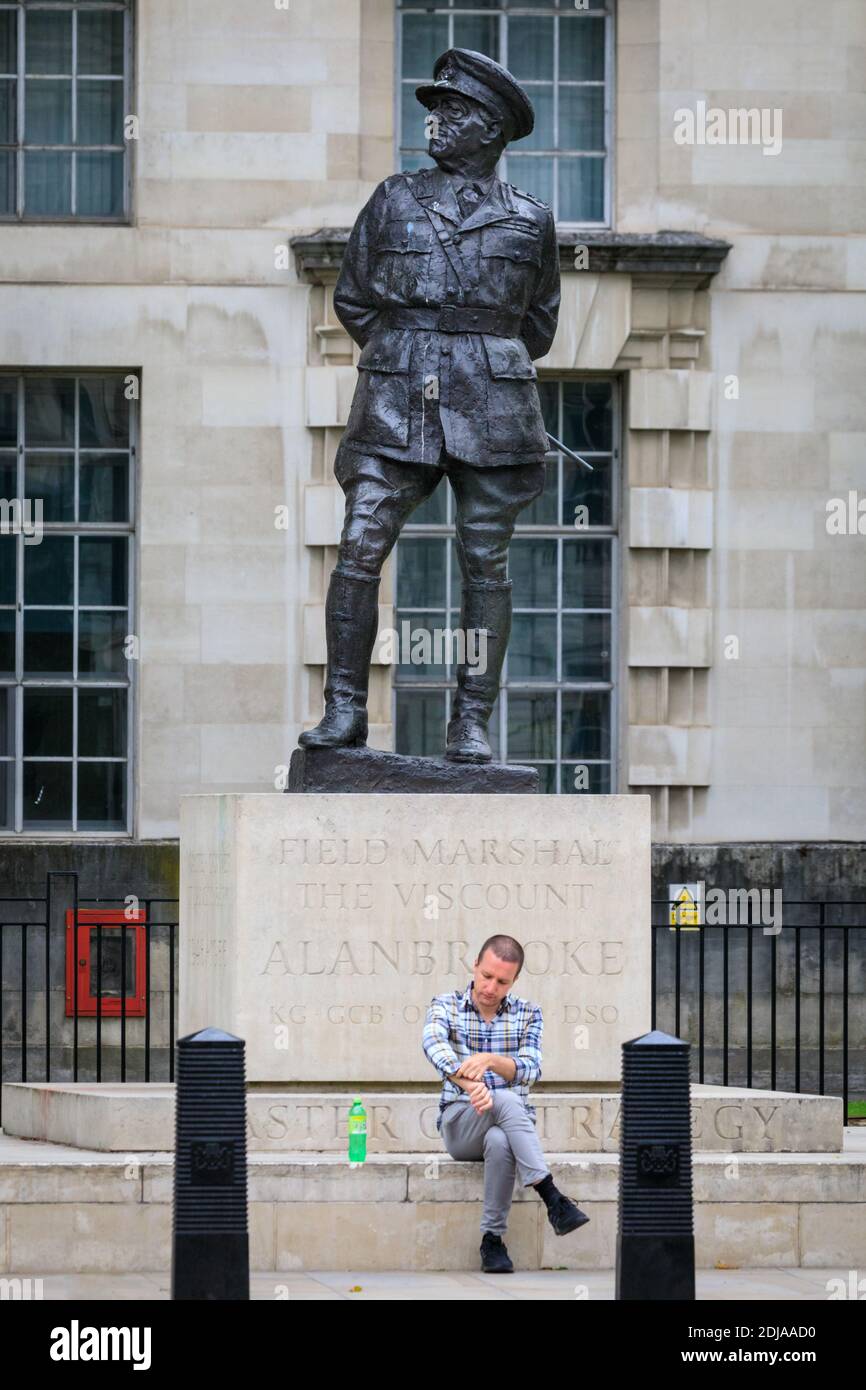
| Fact | Details |
|---|---|
| Birth Date | July 23, 1883 |
| Death Date | June 17, 1963 |
| Role in WWII | Chief of the Imperial General Staff |
| Major Operations | Dunkirk Evacuation, Home Forces Command |
| Published Works | War Diaries, 1939–1945 |

